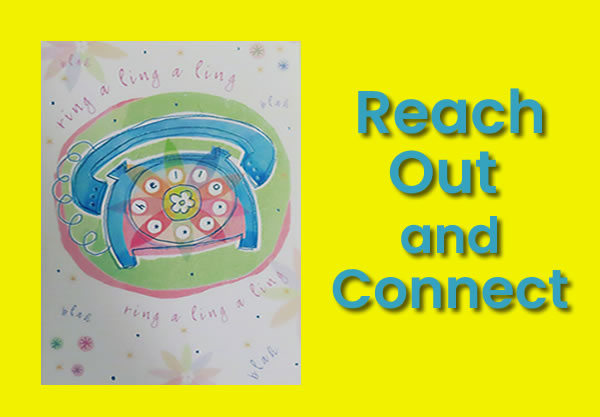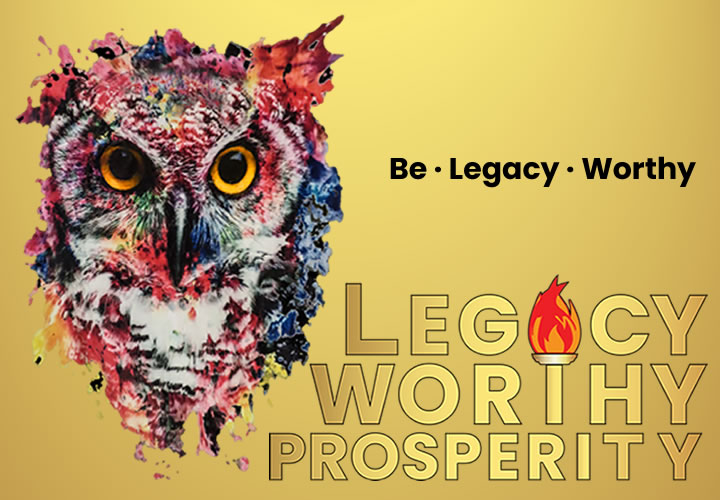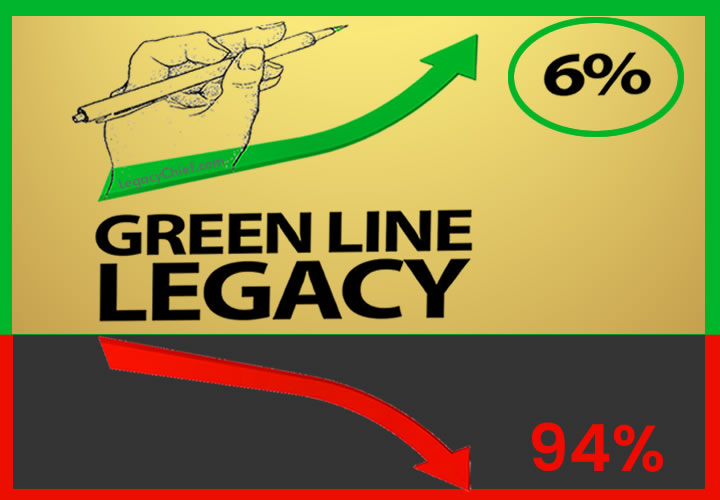Reach Out and Touch Someone: True Value Connection

Reach out, reach out and touch someone
Reach out, call up and just say hi
Reach out, reach out and touch someone
Wherever you are you’re never too far
They’re waiting to share your day
Reach out, reach out and touch someone
Reach out and touch someone far away
Give ‘em a call
Reach Out and Touch Someone: True Value Connection
Calling, texting, or emailing a friend just to say “hello” might seem like an insignificant gesture — but most people welcome the “hello” and “Just thinking about you” check-ins.
Perhaps, you worry an unexpected check-in may be an interruption,or feel it is a chore that takes too much effort. Research indicates that casually reaching out within our social circles means more than we may realize and is a truly valued by the recipient.
Characteristics of initiators who reach out include (text, call, messenger, even digital or physical greeting cards and letters) :
- *Reach out “just because” (kindness)
- *Have little or no expectation of a reply (not a transaction)
- *Believe in bringing a little sunshine into another person’s life (smile)
- *Want to maintain connection (personal or business)
- *Set aside time to make connections (never too busy)
- *Use memory or digital devices to help stay in touch (anything that works)
- *Have compassion for other people (empathy)
- *May use holiday time or any time to connect (reason or no reason)
- *Believe love is in the small things (small actions, not the grand gestures)
- *Know “contact” is beyond physical touch and words and actions matter.
In pop song lyrics, the Motown group The Four Tops had a #1 1966 hit song with “Reach Out (I’ll Be There)”; and, in 1970, the pop diva Diana Ross recorded “Reach Out and Touch (Somebody’s Hand),” her first single as a solo performer.
The phone company jingle, “Reach out and touch someone,” was onto something back in the 1970s. (…that was before the word touch became too sensitive and fears of it being misconstrued… more on this later)
“Selling emotion” was the key element used by Bell phone company to communicate long-distance telephony through the 1970s famous jingle – Reach Out and Touch Someone. The 1970s ad agencies focused heavily on emotions in commercial like the song I’d Like to Teach the World to Sing In Perfect Harmony.
Marshall McLuhan is credited for creating the tagline “Reach out and touch someone” for Ma Bell. McLuhan, a Canadian educator, philosopher, and media theory expert, is credited with coining the phrase, ostensibly to capitalize on people’s need to interact with one another. (He also coined phrases like “the medium is the message” and “global village.”) Marshall McLuhan posited that audio and video communications had “tactile power”: “With telephone and TV it is not so much the message as the sender that is ‘sent’,” and the telephone would extend touch (as in ‘contact’).
The goal of the Bell 1979 advertising campaign, according to its creative team at NW Ayer led by Richard Keith from 1966 through 1985 was to convey that long-distance calling is a “simple, non-traumatic experience,” and to also soften Bell’s image at the time.
Bell’s image was in jeopardy in the face of mounting concerns about the impending monopoly lawsuit, (Bell Systems eventually became AT&T). The phone call image was to establish the long-distance phone call as a necessary part of everyday life in the United States.
The Bell campaign’s central “reach out and touch someone” phrase dates earlier to 1971, but it wasn’t until the ads began airing around 1979 that “reach out and touch someone” became the star of the show.
Reach and out are two of the oldest, commonest words in the language. Both have Old English roots, and reach has had figurative meanings — “to understand,” “to arrive at a destination or goal” — for centuries. Far-reaching, to mean “extensive,” was first recorded in 1824 (“the dusky heath far-reaching). And reach out in the sense of “communicate with” is at least a century old; the Oxford English Dictionary gives this 1912 example: “Groups and agencies which are planning to reach out to low-income families with educational efforts in the area of sound family life.”
The Surprise of Reaching Out: Appreciated More Than We Think identifies that in many areas of the United States, people’s lives are often set up for isolation rather than spontaneous social interactions to connect at the workplace such as in the neighborhood, or at a café. Researchers define “reaching out” broadly to involve a minimum criterion consisting of a gesture to check-in with someone to show that one is thinking about them—for instance, by sending a short message (e.g., to say hi, to say “I’m thinking of you,” to say “I hope you are well”) or a small gift.
People are fundamentally social beings and enjoy connecting, “reaching out” to others. Isolation in the pandemic meant that workers were at home not in the office. Folks did not meet for coffee, happy hour, parties, sporting events, concerts, etc. Reaching out was digital through smartphones, devices, zoom live streaming, and social media.
The importance and enjoyment of social connection in social circles is because those receiving the unexpected message (the recipient or responder) are more focused on their feelings of surprise at being reached out to. A focus on feelings of surprise in turn predicts deeper appreciation. The reach-out appreciation is magnified when the reach-out context is surprising: when it occurs within a surprising (vs. unsurprising) context for the recipient and when it occurs between more socially distant (vs. socially close) others. This research identifies when and why we underestimate how much other people appreciate us reaching out to them, with a heightened focus on feelings of surprise as one underlying explanation.
So, who are the people who reach out first (the initiators). What prompts an initiator to connect with a recipient? This can be friends, family, social acquaintances, current and former co-workers, volunteer and spiritual community members, pet connections and so many more relationships whether close or casual.
According to the research, the initiator, when recalling a previous experience when they initiated contact and received little to no response, predicted lower responder appreciation. Contrast this with initiators who recalled a time when they themselves were the responder (recipient of the message) and how much they appreciated being reached out to. This implies the context is important.
In genuine enduring connection with others, continuous positive little actions like reaching out helps the bond. Positive responsiveness to an initiator helps maintain the connection. Reaching out in a steady way can create the feeling of simple pleasures. It is the small things that show you care. Unexpected actions often create fond memories. Even a delayed “thank you” or “I am here for you” or “remember when” walks down memory lane which could simply be a photography may bring a grin or a giggle.
The research note above is outlined in the Journal of Personality and Social Psychology: Interpersonal Relations and Group Processes 2022 American Psychological Association ISSN: 0022-3514.
Back to physical touch… “To touch someone,” can relate to Sexual Harassment Prevention Training and Diversity, Equity & Inclusion DEIB Best Practices. (Did you know that sexual harassment training requirements were first legally introduced in 2004 under Assembly Bill 1825 in California?) Even the American management Association in Jan 2019 posted an article by Carol Kinsey Goman, entitled, “Why You Should Reach Out and Touch Someone. ”
Written a year before the pandemic, Goman’s article focuses on physical touch. Salespeople are well-versed in the touch the prospects elbow technique to establish the powerful force that momentary touching can create to establish a human bond. A touch on the forearm that lasts a mere 1/40th of a second can make the receiver not only feel better but also see the giver as being kinder and warmer.
Human touch is culture specific and it’s a different story in the workplace—at least for some cultures. In Anglo-Saxon cultures (especially the United States, Australia, and the United Kingdom) touching work colleagues is far less common than in other parts of the world.
In Venezuela, Goman writes, the meeting planner, known solely through email correspondence and telephone conversations, met her at the Caracas airport. He greeted her with a soft lingering handshake, and then a hug and a kiss on the cheek. As they walked toward the waiting car and driver, he put his hand on her shoulder. He sat close to me in the back seat of the car, and, as we discussed the upcoming program, he often touched my arm or hand. A different culture than the US.
In the business arena, the issue is cloudy with inappropriate physical contact concerns or simply that some people simply don’t like being touched in any way. There is a sensitivity to political correctness that sadly means we may have lost a potent way to connect with others with the simple act of touching to show support, encouragement, agreement, sympathy, interest, or gratitude adds the personal warmth to our business communication that is otherwise lacking.
======
Catherine Pearson also writes about connecting with people in a July 2022 New York Times article (see image below).
======
Reach Out and Touch Someone (1970s Commercial Script Lyrics)
Reach out, reach out, and touch someone!
Reach out, call up, and just say hi!
Reach out, reach out, and touch someone!
Wherever you are,
You’re never too far.
They’re waiting to share your day.
People from coast to coast,
Calling up friends to keep them close.
Families who care so much,
Keeping in touch —
Reach out, reach out, and touch someone!
Reach out, reach out, and touch someone!
“Reach Out and Touch Somebody’s Hand ( Diana Ross Lyrics)
Reach out and touch
Somebody’s hand
Make this world a better place
If you can
Reach out and touch
Somebody’s hand
Make this world a better place
If you can
Take a little time out your busy day
To give encouragement
To someone who’s lost the way
(Just try)
Or would I be talking to a stone
If I asked you
To share a problem that’s not your own
(Oh no)
We can change things if we start giving
Why don’t you
Reach out and touch
Somebody’s hand
Make this world a better place
If you can
Reach out and touch
Somebody’s hand
Make this world a better place
If you can
If you see an old friend on the street
And he’s down
Remember his shoes could fit your feet
(Just try)
Try a little kindness and you’ll see
It’s something that comes
Very naturally
(Oh yeah)
We can change things if we start giving
Why don’t you
(Why don’t you)
Reach out and touch
Somebody’s hand
Reach out and touch (reach out)
Somebody’s hand
Make this world a better place
If you can
Reach out and touch
Somebody’s hand (touch somebody’s hand)
Make this world a better place
If you can (why don’t you)
Reach out and touch
Somebody’s hand (somebody’s hand)
Make this world a better place
If you can
Keywords: reach out, reaching out, touch someone, social relationships, value, relationships, liking behavior, trust, surprise, appreciation, gifts, prediction, initiator, recipient
Other sources Reach Out
1 2 3 4 5 6 7
8 9 10 11 12
13 14 15 16 17 18
iTouch Disambiguation
itouchwearables iPod touch – Apple Set Up with Your Smartwatch: iTouch Go



